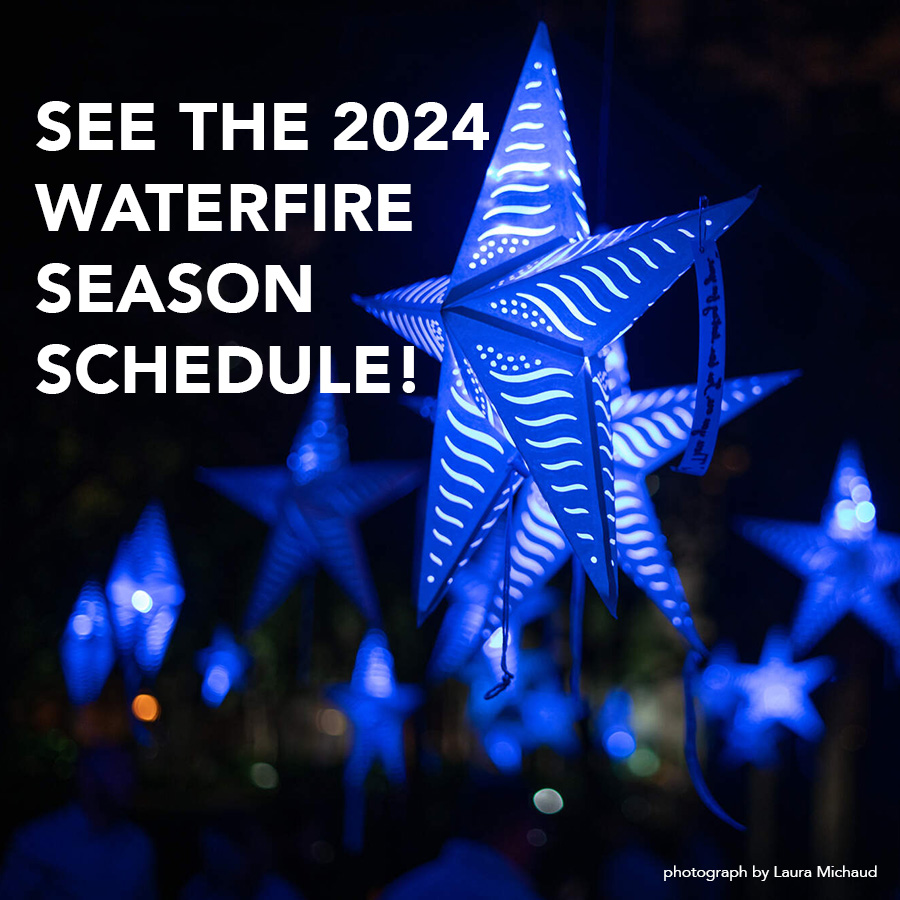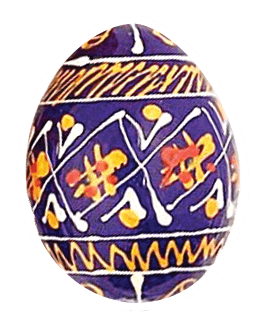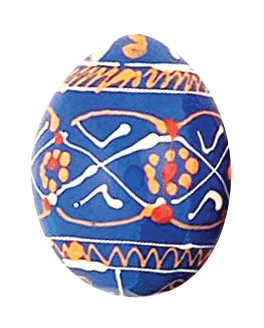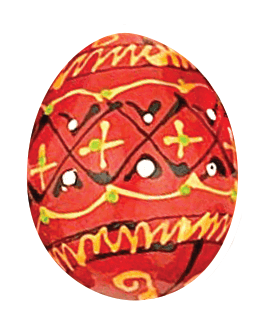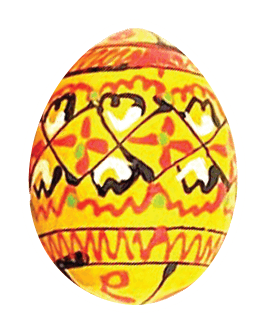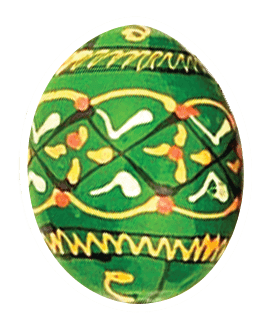Far from fading from view with the growth of urban life, as many had predicted, rituals remain a vital part of modern society. While some of these rites are linked to formal religion, most are secular.
Anthropologists have come to view ritual as a way people can feel connected to a larger social grouping, to overcome feelings of isolation. But such groupings can take on very different forms. Extended kin groups form one important set (with their rites of Thanksgiving dinners, Christmas celebrations, or even summer picnics). But modern societies lacking rites that unify communities beyond kin groups can be unfriendly places.
At the heart of ritual are symbols. These symbols are linked to — and set off as sacred — certain times and places. Ritual time is different from normal time. During ritual time our senses are bombarded by all sorts of stimuli. The place where the ritual is held —whether a pilgrimage site, a church, or a college green — acquires a special sacred meaning. Memories of the rite, even if unconsciously, shape our feelings about those places long after the ritual has been performed. In participating together in the ritual, and entering the special psychological state induced by the sounds, the sights, the smells, and the presence of so many others, we come to feel a sense of solidarity with one another. Lines of social division that otherwise structure our lives and divide us — by age, gender, social class, or ethnicity — melt away.
A healthy city has a vibrant center which people feel good about. To remain vital that center must also be a center for public rites. By participating in those rites people renew their feelings of pride of place and their shared sense of belonging.
If you accept this anthropological view of the importance of secular ritual — and I apologize for trying to condense a century and a half of theory into a few words — you can see why WaterFire’s importance to Providence can scarcely be exaggerated. In fashioning a rich public ritual in the heart of the city, WaterFire creates sacred time and sacred space. It offers a powerful means of bringing people together in a way that builds and renews their sense of community membership. In weaving together in an original way symbols that could scarcely be more ancient or more powerfully suggestive — fire, water, music, large crowds of people engaged in an activity together — and identifying them all with Providence, WaterFire has become the ritual of the City’s renewal.
David I. Kertzer is a professor of Anthropology and Italian Studies at Brown University. His books include The Popes Against the Jews and The Kidnapping of Edgardo Mortara, which was a National Book Award Finalist.
